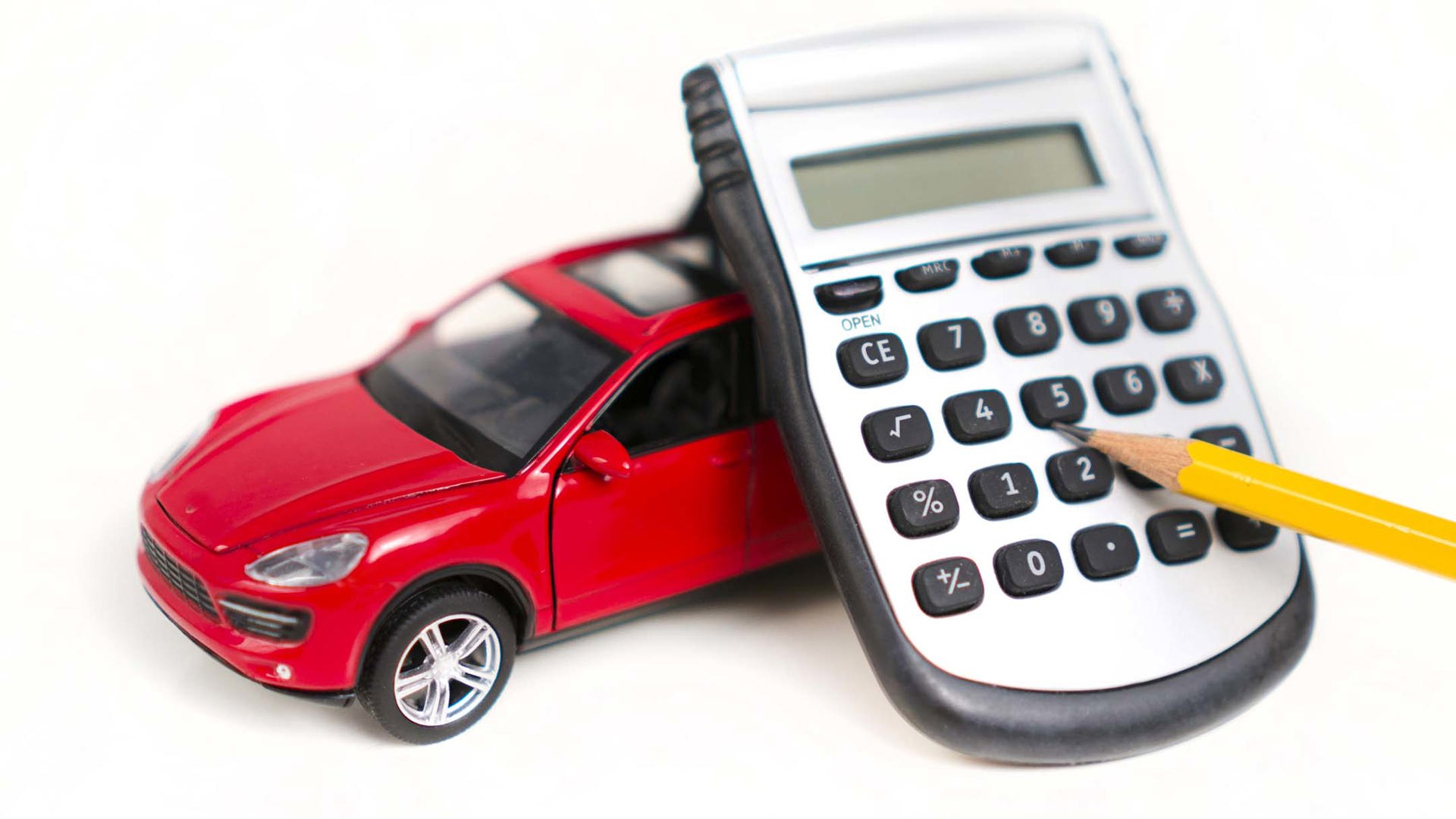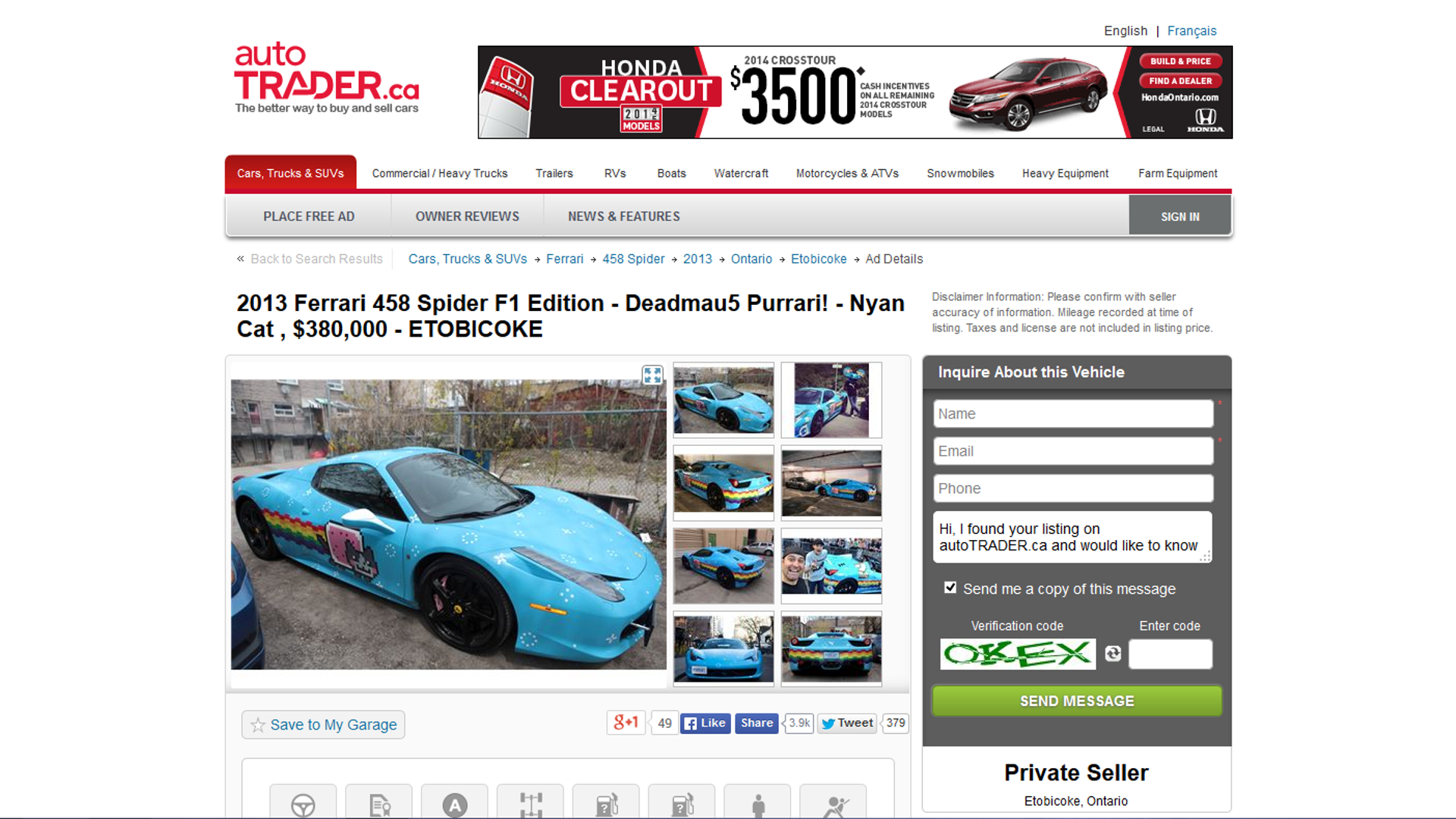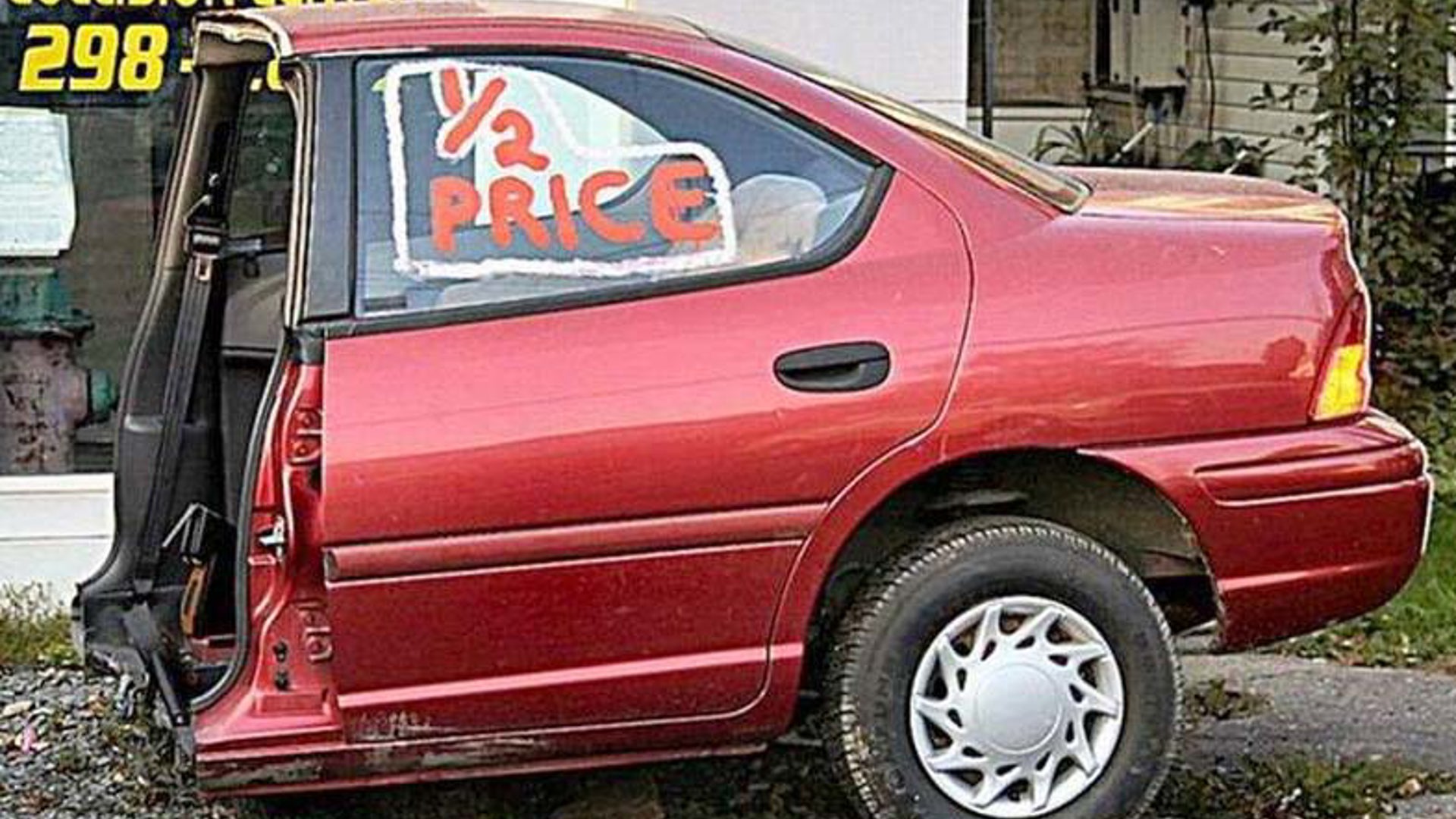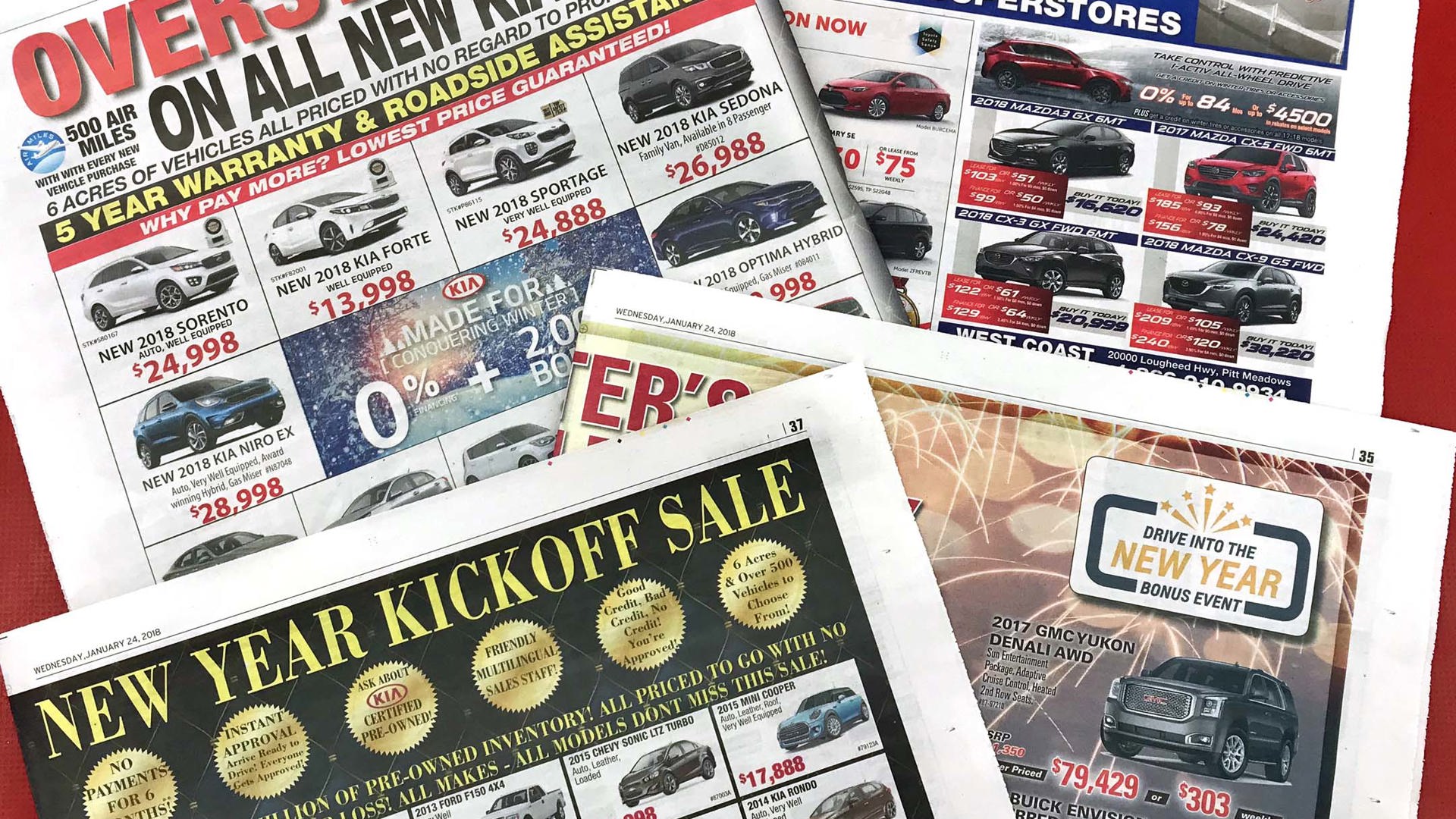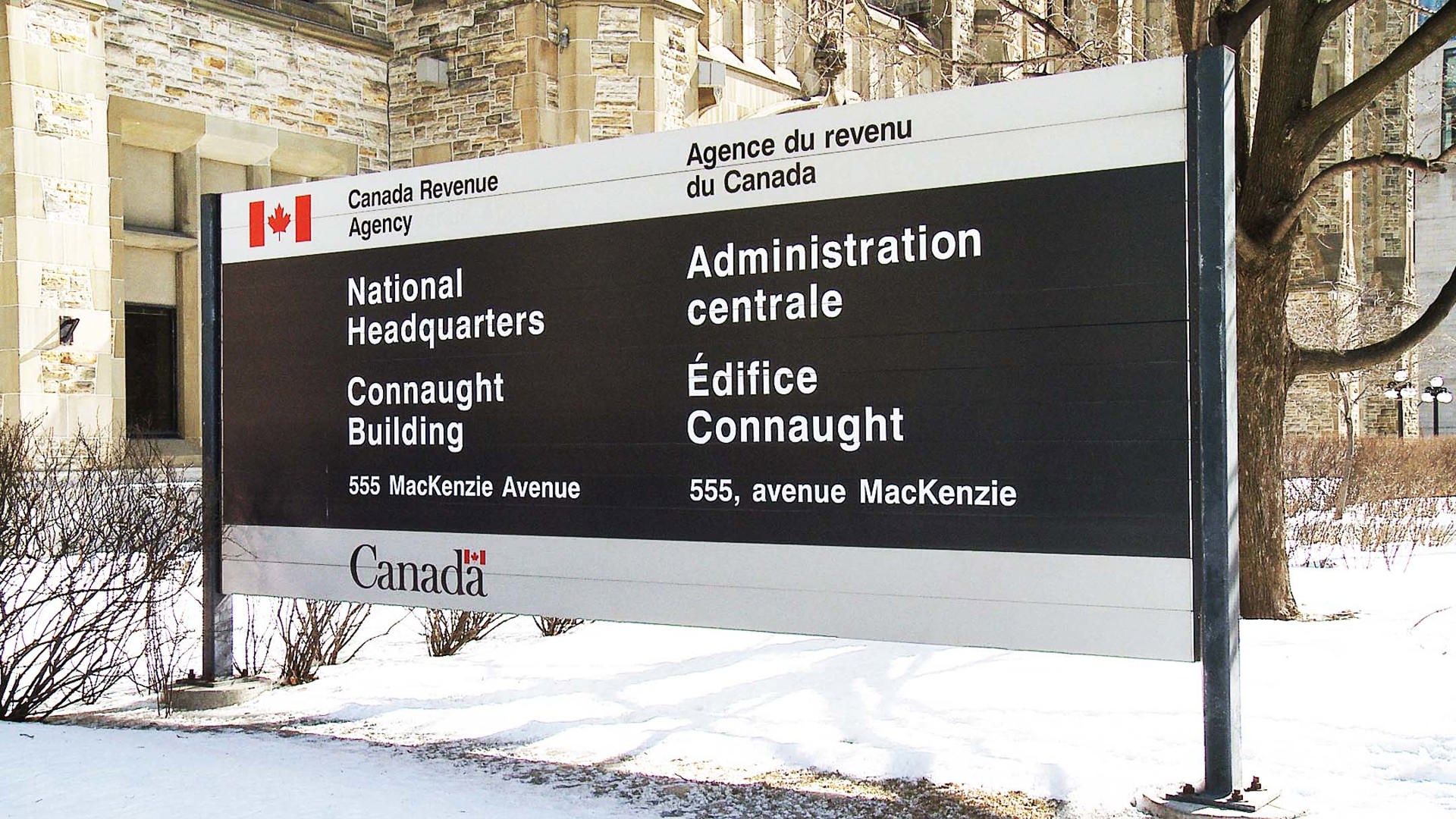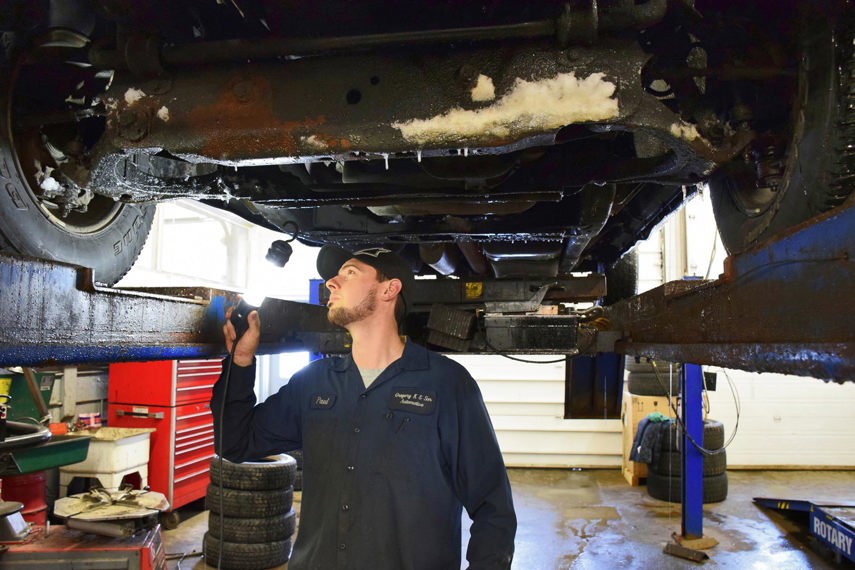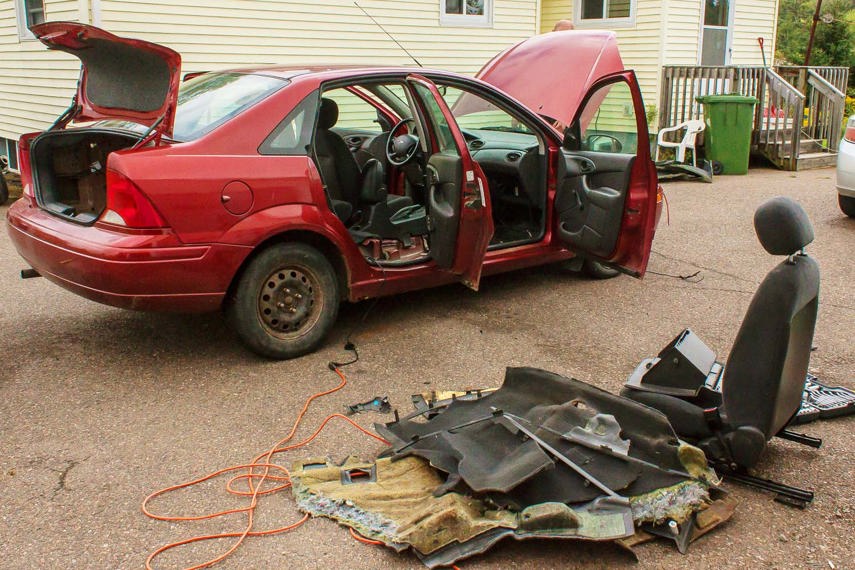When it’s time to retire a trusty older car, truck, or SUV for something newer, you’ve got two key options to consider: sell said vehicle privately, or trade it in at a dealer towards the purchase of a new (or new-to-you) ride.
There are pros and cons to each of these options, and neither is the right or wrong answer for every situation, every time.
When deciding whether to trade in or sell privately, consideration of these pros and cons is key in making the right decision for you.
Below, we’ll provide some facts and tips on each alternative for your consideration.
Dealership Trade-In (What’s Your Time Worth?)

If you need to make the switch from an older vehicle to a new one in quick order, trading in at a dealership is a great option. Go this route, and your workload is decreased, as your sales representative handles the paperwork and logistics.
If you’ve got a connection at a local dealership, perhaps as a long-time customer, this process may be even easier and more straightforward. That’s especially true if you’re trading in at the same dealership where the vehicle was originally purchased.
Trading in at a dealership makes it the dealership’s responsibility to have the car certified, re-licensed, reconditioned, inspected, and sold. This reduces your workload: with this option, you needn’t advertise the vehicle, answer questions, or spend time arranging test drives and viewings with potential buyers. You also save time by only having to deal with one person, at one business.
There are also new trade-in options, specifically one on this site, called an Instant Cash Offer program. It allows consumers looking to sell their vehicle to input its information online on autoTRADER.ca, and then receive instant cash offers based on the condition and kilometres from participating dealers. Full details are available at our Instant Cash Offer page, but once a consumer receives an offer, they have three days to verify the condition of the car and then receive their quoted price, even if the consumer isn't looking to buy another vehicle.
Trading in a used vehicle at a dealership is typically a great choice if you want to make your old ride “disappear”, and replace it with something new, as quickly as possible.
Private Sale (What’s Your Car Worth?)
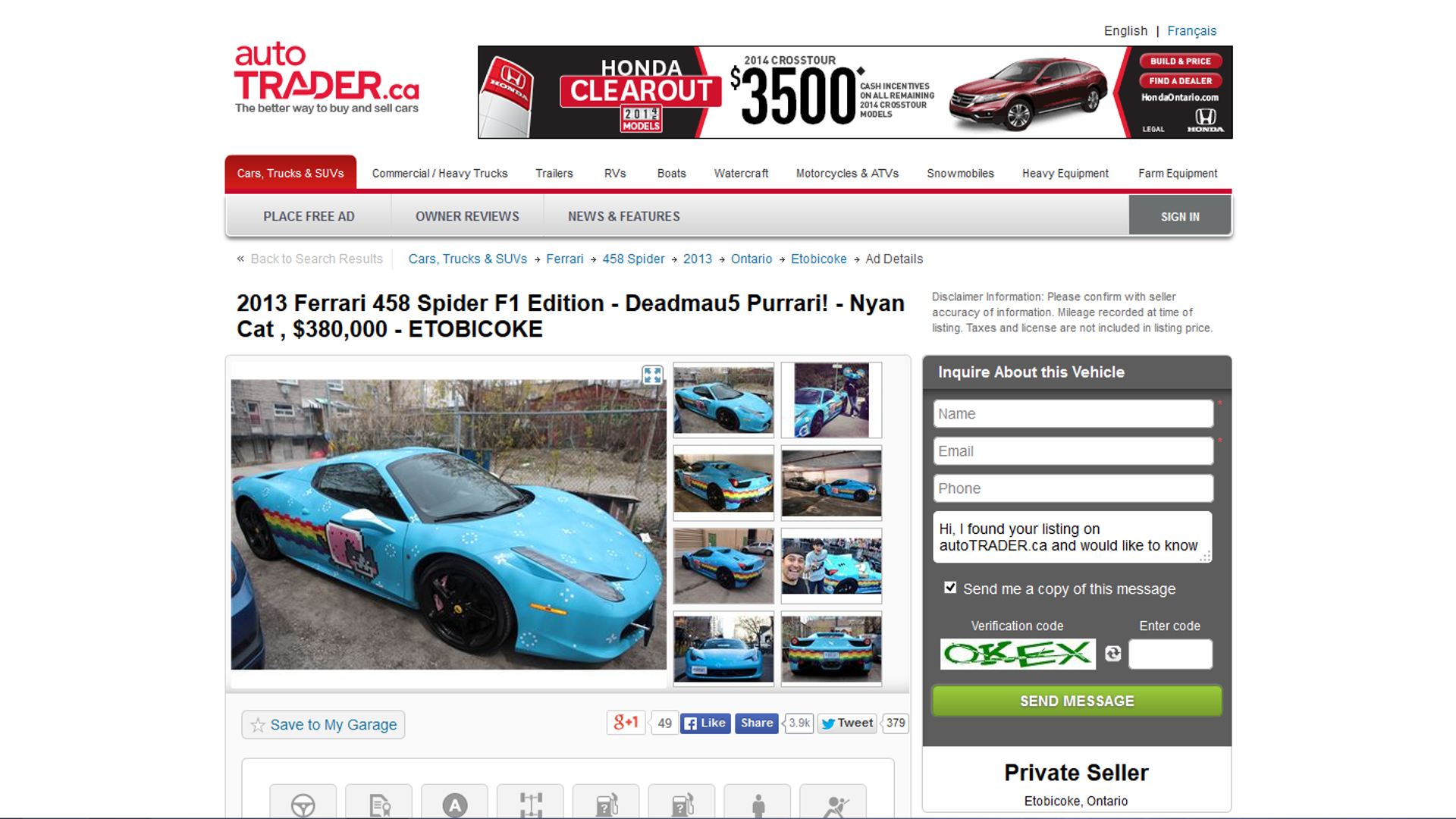
A downside of trading your vehicle in at a dealership is the cost – as you’ll likely be offered less for your vehicle as a trade than if you’d sold it privately. This is partly because the dealer will have to incur the costs of advertising and selling your vehicle, and may have to incur costs to recondition or repair it.
Expect a dealership to offer you less for your trade-in than a would-be private buyer, in many situations. This varies widely by make, model, and condition. Be sure to ask ahead of time, too: some dealers don’t accept trade-ins that exceed certain model year and mileage limits, and others may not accept trade-ins of certain makes, models, or types of vehicle.
If you’re after top-dollar for your used car or truck, and don’t mind spending the time to list, advertise, answer questions, and deal with potential shopper test-drives and visitations, selling privately is typically the best choice.
Setting Expectations
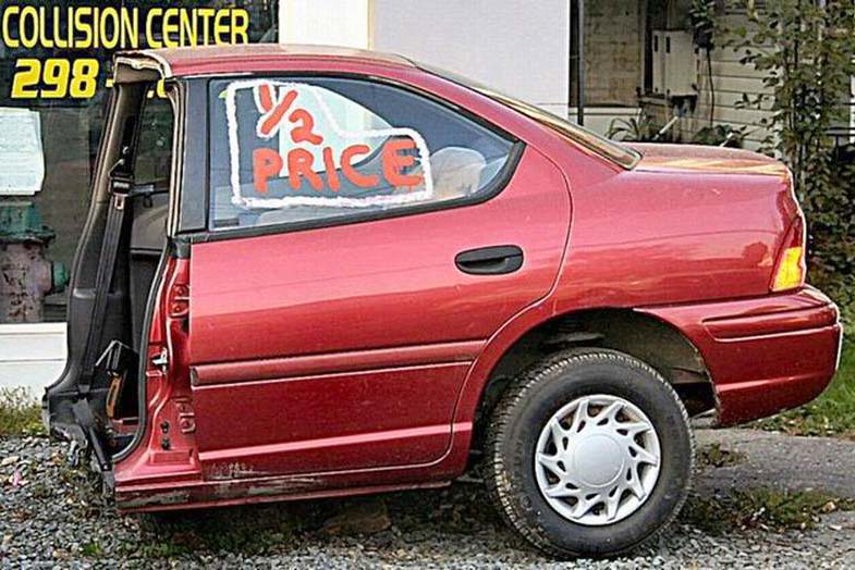
There are various means of determining what your vehicle is worth when it’s time to sell it or trade it in. One of the easiest is to search the autoTTRADER.ca listings of similar vehicles in your area. Use the search tools to find listings of the same year, make, model, and mileage of vehicle that you want to get rid of. Just note that many variables are at play – and that damage, wear, poor maintenance, or other issues with the vehicle will decrease its value.
Note, as well, that trading in at a dealer usually involves a detailed assessment of the condition of your vehicle by a technician. If this inspection reveals any mechanical problems, excessive wear or rust, worn-out or poorly maintained parts and the like, your trade-in value will take a hit.
Smart used car shoppers will also want to have your vehicle inspected professionally by a technician before they buy – and that’s even if you’re selling it “certified”. Be honest and reasonable with the value of your used vehicle when making your calculations.
Weigh the Costs
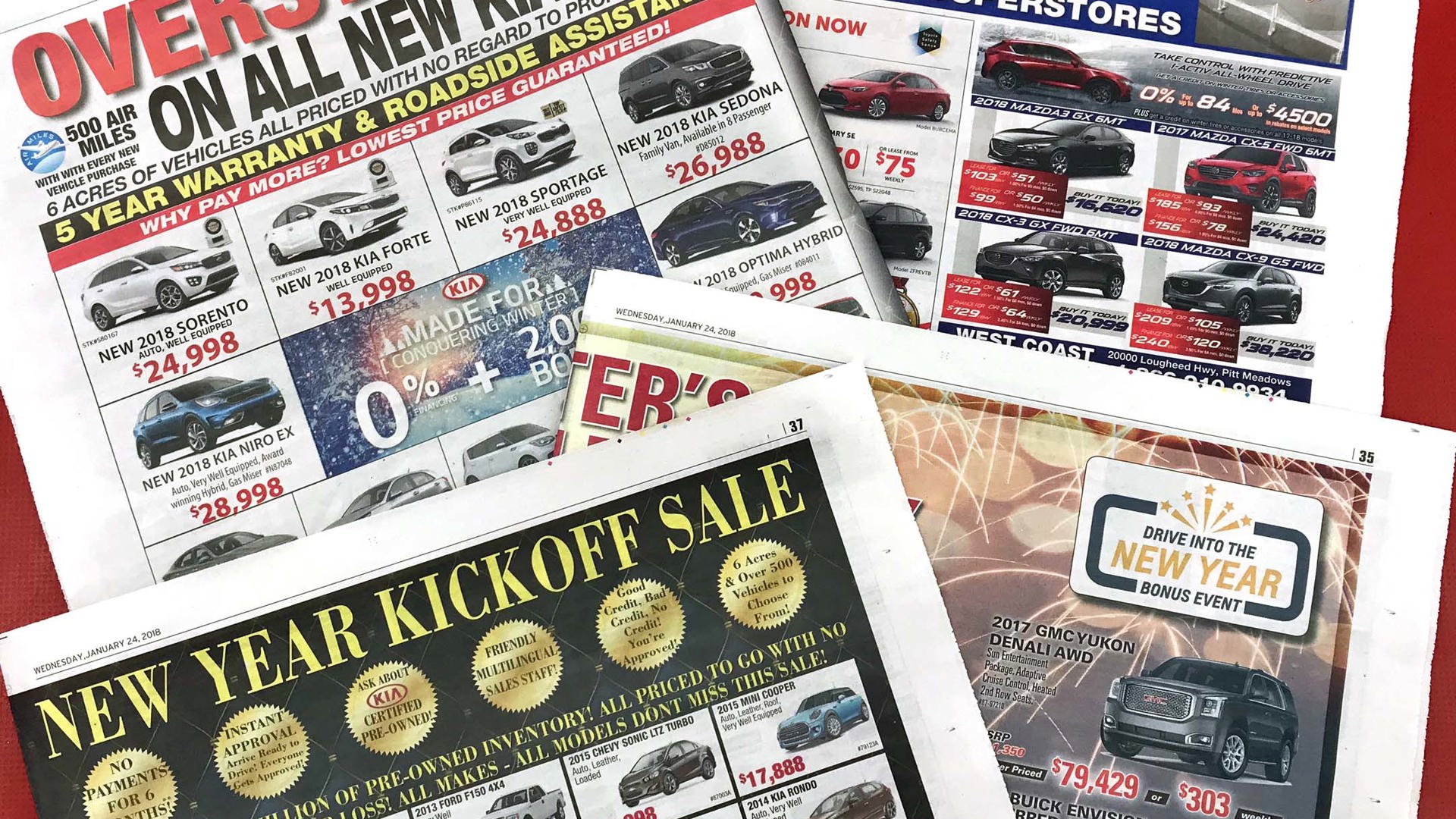
If you’re on the fence between trading in and selling privately, consider determining the (approximate) value of your used vehicle as a trade-in (by speaking to a sales representative), versus its value if sold privately (by searching used car listings of similar models in similar condition, in your area).
Perhaps you discover that a local Honda dealer will offer you $14,000 for your used Civic, and that you can sell the same vehicle privately for $15,500. In this example, the difference of $1,500 represents the “cost” of trading the vehicle in, versus selling it privately. Determine the cost for your specific situation, and use it to help guide you to the correct decision.
Tax Savings
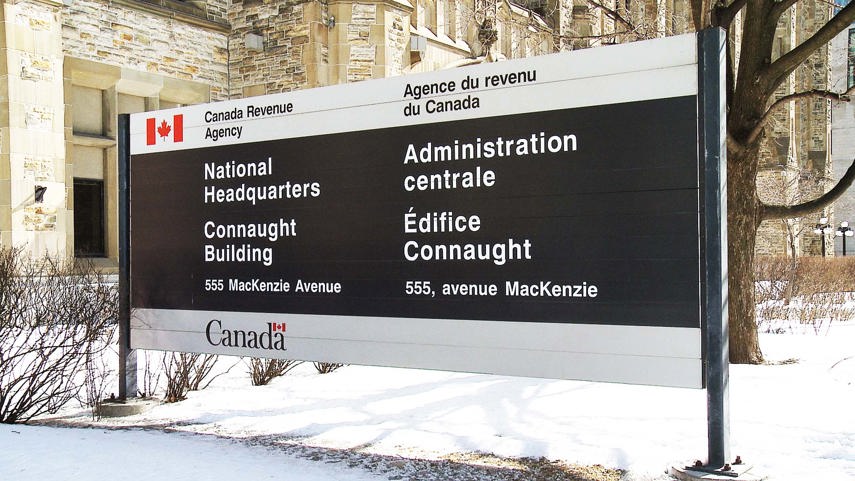
Depending on where you live, tax savings might be in effect when you trade a vehicle in at a dealership towards a new model. For instance, in Ontario, shoppers who trade in a used vehicle for a new one only pay the tax on the difference in price between the two.
If your trade-in value is $10,000, and your new vehicle costs $30,000, you’d only pay sales tax on the difference – or $20,000 in this case. Check the regulations in your province when considering the pros and cons of trading in versus selling privately.
Safety Certification / Emissions
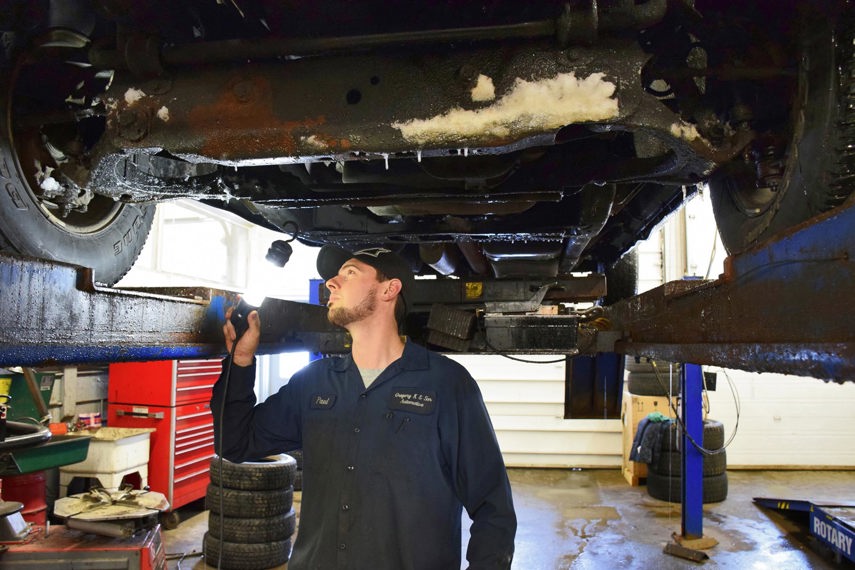
Depending on where you live, your used vehicle will have to pass various checks and inspections before it can be registered to a new owner. The vehicle may need a safety certification – which comes with a cost that needs to be covered by you, or the buyer. That safety certification may reveal the need for repairs or reconditioning to bring the vehicle up to par, which may increase the cost to the buyer (or reduce your selling price).
The used vehicle you’re selling may need to pass an emissions test, as well.
When selling privately, checks and inspections like these are the responsibility of the buyer or seller. When you trade in at a dealership, they’re the responsibility of the dealership.
Loyalty Programs

If you’re interested in sticking with a vehicle from the same brand when it’s time to switch to something newer, be sure to check and see whether the automaker in question offers any loyalty incentives. Some automakers offer discounts and other perks for repeat shoppers – and this might weigh into your decision, especially if it reduces the purchase price of the new vehicle.
The Junker
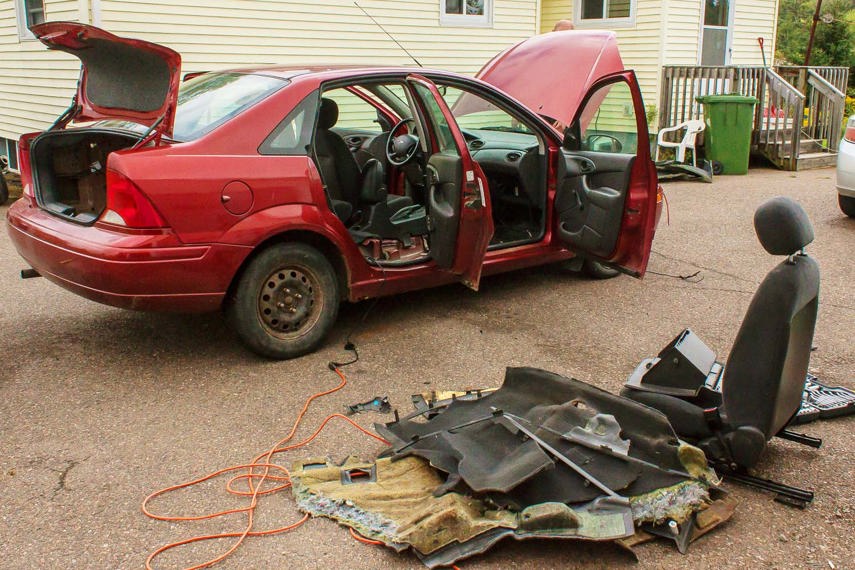
If you drive a very old, very high-mileage vehicle that’s in relatively poor shape, selling or trading in may not be an option. In this case, shoppers may wish to consider checking out local charities that recycle or re-use old cars and trucks. In some cases, these programs will haul your old vehicle away for free, and issue a tax receipt. If your used vehicle is worth little to nothing, having an appropriate charity recycle it may be a great choice.
